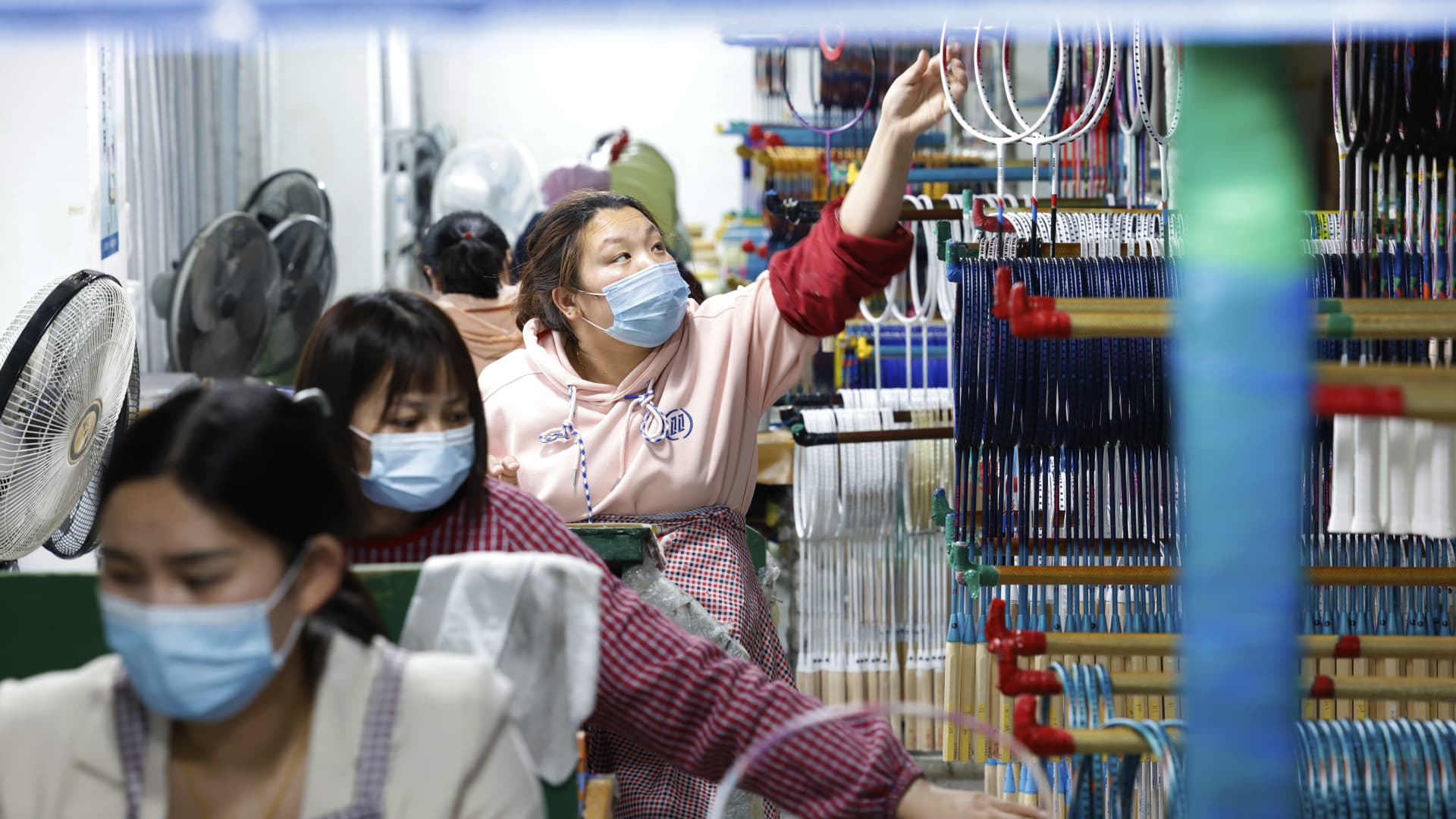
China is facing “enormous risk” and at the moment and is unlikely to meet its economic growth target for the year, according to economist Stephen Roach, who has been a longtime bull on the Asian giant.
“I’m a congenital bull on China,” Roach told CNBC’s “Squawk Box Asia” on Friday. “That’s not the case for me now though.”
Beijing has officially set a growth target of around 5.5% for the Chinese economy this year, but Roach said “it will be lucky if it makes 4.”
“I think China’s facing formidable pressures,” said Roach, a former Morgan Stanley Asia chairman who is currently a senior fellow at Yale University. “There’s no way it’s going to make its 5.5% forecast.”
China … is not going to bail the world out the way it did after the global financial crisis.Stephen Roachsenior fellow, Yale University
China has for weeks been battling its most severe Covid outbreak on the mainland since the initial shock of the pandemic in early 2020. Recently released data for April has showed a significant slowdown in both manufacturing and services sector activity.
Beyond the economic impact of rolling lockdowns as authorities in China continue to stick to a strict zero-Covid strategy and a “steadfast insistence” on deleveraging — or cutting debt — the economist also described President Xi Jinping’s decision to “tie himself to the villain of Vladimir Putin” as a “really significant mistake.”
On the geopolitical front, Beijing has refused to label Russia’s attack of Ukraine an invasion, a stance that largely puts it at odds with the West. Roach previously described China’s Xi as the only person in the world who can influence Putin.
The expected slowdown in the Chinese economy is set to have ramifications worldwide, Roach warned, with Beijing now unable to bail out the world the same way it did after the global financial crisis.
“From 2009 to 2012 … China was growing, you know, 8% and that cushion kept the world from lapsing back into a recession,” he said. “That cushion is gone.”
“China … is not going to bail the world out the way it did after the global financial crisis,” Roach said. “This is problematic for the global economic outlook as well.”



